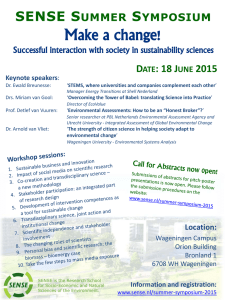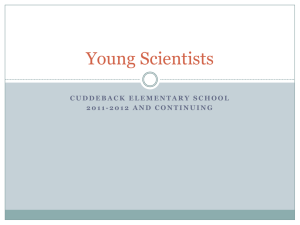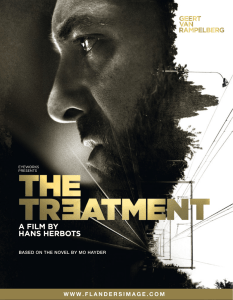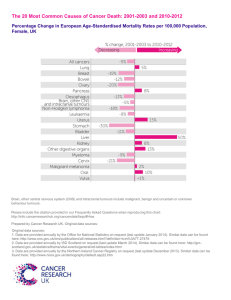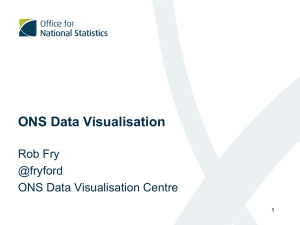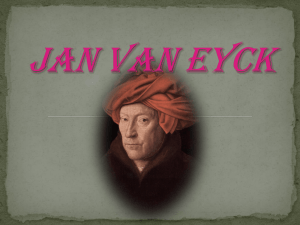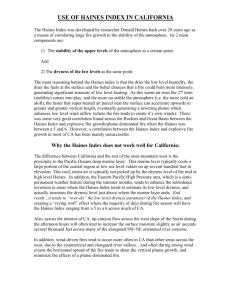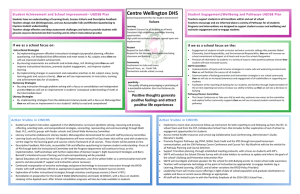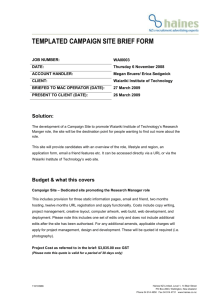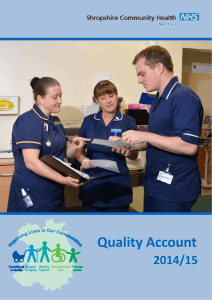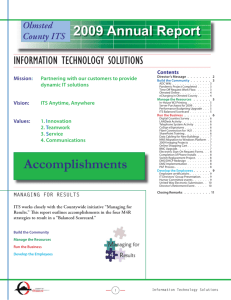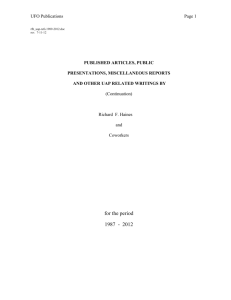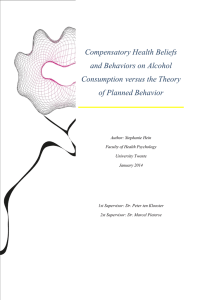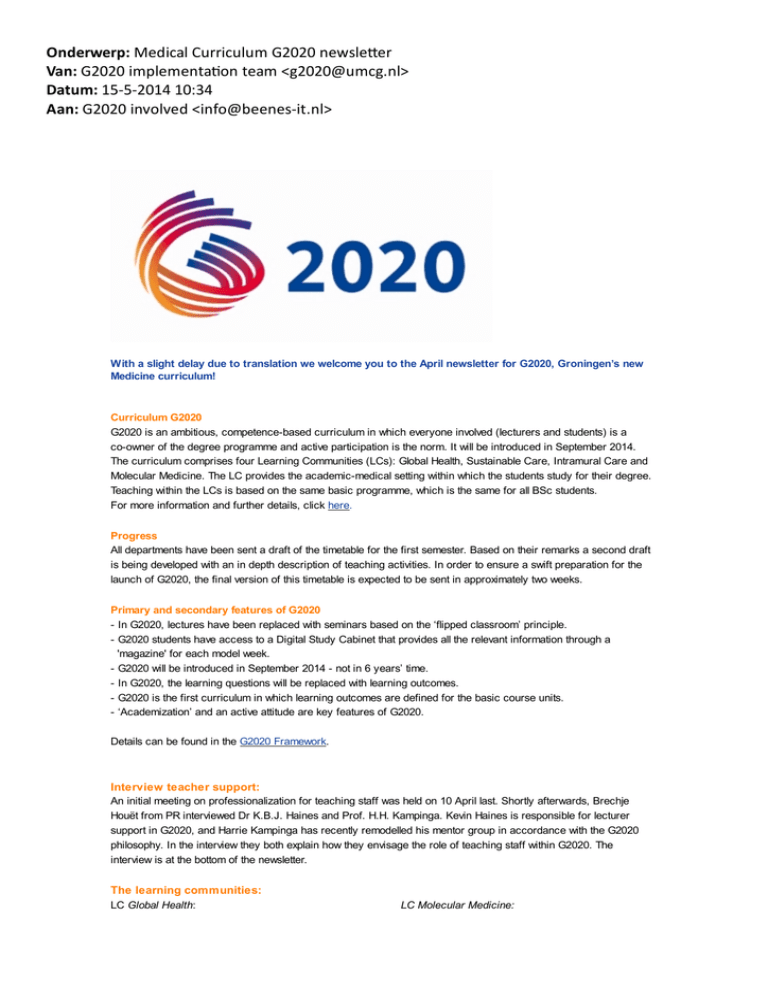
Onderwerp: Medical Curriculum G2020 newsle er
Van: G2020 implementa on team <g2020@umcg.nl>
Datum: 15-5-2014 10:34
Aan: G2020 involved <info@beenes-it.nl>
With a slight delay due to translation we welcome you to the April newsletter for G2020, Groningen’s new
Medicine curriculum!
Curriculum G2020
G2020 is an ambitious, competence-based curriculum in which everyone involved (lecturers and students) is a
co-owner of the degree programme and active participation is the norm. It will be introduced in September 2014.
The curriculum comprises four Learning Communities (LCs): Global Health, Sustainable Care, Intramural Care and
Molecular Medicine. The LC provides the academic-medical setting within which the students study for their degree.
Teaching within the LCs is based on the same basic programme, which is the same for all BSc students.
For more information and further details, click here.
Progress
All departments have been sent a draft of the timetable for the first semester. Based on their remarks a second draft
is being developed with an in depth description of teaching activities. In order to ensure a swift preparation for the
launch of G2020, the final version of this timetable is expected to be sent in approximately two weeks.
Primary and secondary features of G2020
- In G2020, lectures have been replaced with seminars based on the ‘flipped classroom’ principle.
- G2020 students have access to a Digital Study Cabinet that provides all the relevant information through a
'magazine' for each model week.
- G2020 will be introduced in September 2014 - not in 6 years’ time.
- In G2020, the learning questions will be replaced with learning outcomes.
- G2020 is the first curriculum in which learning outcomes are defined for the basic course units.
- ‘Academization’ and an active attitude are key features of G2020.
Details can be found in the G2020 Framework.
Interview teacher support:
An initial meeting on professionalization for teaching staff was held on 10 April last. Shortly afterwards, Brechje
Houët from PR interviewed Dr K.B.J. Haines and Prof. H.H. Kampinga. Kevin Haines is responsible for lecturer
support in G2020, and Harrie Kampinga has recently remodelled his mentor group in accordance with the G2020
philosophy. In the interview they both explain how they envisage the role of teaching staff within G2020. The
interview is at the bottom of the newsletter.
The learning communities:
LC Global Health:
LC Molecular Medicine:
Profile dean: Hans Hogerzeil
Assistant to the dean: Renée Bakker
Educational consultant: Ally van Hell
Producer: vacant (till 2014-09-01 Cindy Warrens)
LC staff: Els Maeckelberghe, Fokko Nienhuis, S.M.
Quinten
Contact: lcgh@umcg.nl 050-363 2905
Profile dean: Gerald de Haan
Assistant to the dean: Agata Szperl
Educational consultant: Elaine van Akkeren
Producer: Petra Visser
LC staff: (will follow)
Contact: lcmm@umcg.nl 050-363 2768
LC Intramural Care:
Profile dean: Friso Muntinghe
Assistant to the team: Floor Mulder
Educational consultant: Marleen Erich
Producer: Jelly Slager
LC staff: Iwan van der Horst, Maarten van der Laan,
Floor Mulder, Rob Bakels, Jos Bart
Contact: lciz@umcg.nl
LC Sustainable Care:
Profile dean: Marjolein Berger
Assistant to the team: Wouter van der Heide
Educational consultant: Florien Bos
Producer: Henriëtte van der Meulen
LC staff: Marian Mourits, Michiel Andriessen,
Truuske de Bock; Menno Buiskool; Kathryn Westerik
& Bas Sorgdrager.
Contact: lcdz@umcg.nl 050-363 2886
Semester coordinators:
Joke Fleer (SHARE)
Bram Jacobs (Neurologie)
Wybe Nieuwland (Thorax)
Competence coordinators:
Medical Expertise:
Communication:
Collaboration:
Management:
Health Advocacy:
Academic development:
Professionalism:
Friso Muntinghe
Frank van Es
Peter van Dijken
Auke Wiegersma
Auke Wiegersma
Gert ter Horst
Peter van Dijken
In the photo (from le) to right):
Prof. Harrie Kampinga, Dr Jaap de Vries, Dr Anke van Trigt, Sjoerd van den Berg, Hanke Dekker,
Prof. Alex Friedrich, Prof. Rob Henning (Chair), Prof. Ron Diercks, Fransje Okker (Project
Manager)
Not in the photo:
Lara Hessels, Je y Krale (Secretary)
Facebook
Share
Tweet
Twitter
Share
Website
Forward to Friend
Copyright © 2014 Onderwijsinstituut UMCG, All rights reserved.
Uw emailadres is verkregen via het onderwijsinstituut
Our mailing address is:
Onderwijsinstituut UMCG
Antonius deusinglaan 1
Groningen, 9713 AV
Netherlands
Add us to your address book
unsubscribe from this list
update subscription preferences
Interview
Interview
‘Society will desire a different type of doctor’
By Brechje Houët
On 10 April this year, a mee ng on professionaliza on was held to prepare teaching staff for what is ahead. During the
mee ng, their new role as experts and Socra c thinkers was explained. Many members of the teaching staff have
expecta ons, ques ons, and ma ers they are uncertain about. These issues will be dealt with between now and
September.
The mee ng was led by Dr Kevin Haines, an educa onal consultant and teacher trainer who will be
responsible for lecturer support in G2020. Kevin was interviewed with Harrie Kampinga (Cell Biology
and member of the G2020 Implementa on Team), who recently remodelled his approach to
teaching in accordance with the G2020 philosophy.
Can you tell us something about what led to the development of the new curriculum?
Kampinga: ‘Pa ents are changing. By the me they come to the surgery they’ve looked up their problem on the internet,
and some mes even diagnosed it themselves. The doctor has several op ons, found in the specialist media or pushed by
the media or industry. The doctor is no longer the one who knows ‘everything’... Medicine is also more dominated by
chance; nothing is 100% certain any more. How do doctors deal with all that knowledge and all the uncertain es? What
choices do you make, and why? And how do you explain this to your pa ent? Knowledge is all around us, it's even
floa ng in the ‘cloud’, but using it, finding the right solu ons to problems and taking ac on, and helping to make choices
– those are part of the doctor’s new role. Above all, this requires strong – or more – academic skills.’
What is the role of teaching staff in G2020?
Kampinga: ‘They guide students in acquiring these academic skills, and encourage them to think. In
doing so, it is made clear that the students’ role is a very ac ve one, both within the basic
programme and within their Learning Community (LC). The essence of the approach is that students
take responsibility for gathering and processing knowledge, both as individuals and as members of a
group. Through the use of ac va ng modes of teaching and assignments such as puzzles, students
and lecturers together become responsible for acquiring the necessary basic knowledge and skills.
Obviously, the learning outcomes serve as the framework for this. This ac va ng mode of teaching
means that passive students can no longer get away with consump ve, reproduc ve learning.’
Haines: ‘But the lecturers will s ll need to create a sense of security that allow the students to make
mistakes. If a student doesn’t manage to complete the assignments, there must be scope for
resolving that – in the first place by the student in ques on, then by the group and finally, if even
this doesn’t work, through correc ve interven on by the teacher, as the expert. Ul mately,
therefore, the standard of Medicine at Groningen will be determined by students and teachers
together.’
What will change for teaching staff?
Kampinga: ‘Clearly, the learning process has to become less passive. Lecturers will have to encourage students to
“academize”, in other words, ask ques ons, learn how to use their knowledge, form well-founded opinions. Here, again,
the teacher is an expert and not just someone who directs a process; there is more to teaching than “repea ng what you
know”. It is much more a ma er of accompanying students on the path of learning and helping them to discover the
knowledge for themselves. It is the desire to learn that has to be s mulated, not just the solu on-oriented approach, but
the desire to discover what is going on and how it came about. In other words, a more Socra c approach is required.
Academic development and aPtude therefore involve much more than the ability to interpret scien fic research or carry
it out oneself. It is about the general approach: how to gather informa on, process it, interpret it and then translate it so
that it can be applied in prac ce. Knowledge is important, but competency is the key! It will certainly be challenging to
implement this in September.’
Haines: ‘Fortunately, teaching staff will receive support. Mee ngs like the one today will be held
more o)en, with advice on how teachers can apply their their skills and exper se to give shape to
this new Socra c approach. We will carry out evalua ons on a regular basis and use the feedback we
receive from teachers to improve the support we provide. When it comes to the framework within
which they’ll be working, they definitely won’t have to cope alone, especially in the beginning. The
Deans monitor the basic principles the teaching staff, but content is s ll determined by the teaching
staff themselves.’
Kampinga: ‘The tools for the ac va ng teaching modes are on the way. The Digital Study Cabinet will
shortly be stocked with the informa on that will ini ally guide students in terms of the knowledge
they will be using. We are hard at work making sure that everything is available in this digital
environment.’
What has happened to good old-fashioned learning by rote?
Haines: ‘Sound basic knowledge is certainly needed, and the curriculum s ll provides that, but in a different way, through
pa ent presenta ons, response sessions and the Digital Study Cabinet. Students acquire the most basic knowledge
through tutor groups based on ac ve par cipa on and student responsibility, in which they work on solid but less
direc onal assignments. Through the LC-specific themes they have to immediately process, deepen and use their
knowledge.’
Kampinga: ‘Before G2020, learning by rote mainly involved the short-term memory, and knowledge
was only briefly retained. Now we are turning it around: there is a problem, all the relevant
knowledge and informa on is gathered and then applied, so knowledge is retained for longer. G2020
uses the “flipping the classroom” principle. This is an organiza onal form in which tradi onal
“knowledge transfer” is replaced by a more ac ve mode of learning, including prepara on with
resources such as videos. Students assimilate the knowledge outside the faculty walls and contact
hours. This frees up plenary sessions for a “flipped classroom”: answering ques ons, individual
a en on, deepening and ac va ng teaching modes. Flipping the classroom facilitates differen ated
educa on and academiza on.’
Haines: ‘The learning outcomes for Medicine have been formulated, just as they were in previous
curricula.’
Kampinga: ‘There are frequent interim assessments to con nue monitoring the students’ progress.
That will not change either. So knowledge acquisi on is s ll here, and with this method the students
will hopefully retain what they learn for longer!’
Mee ng on professionaliza on for teaching staff, with Kevin Haines


